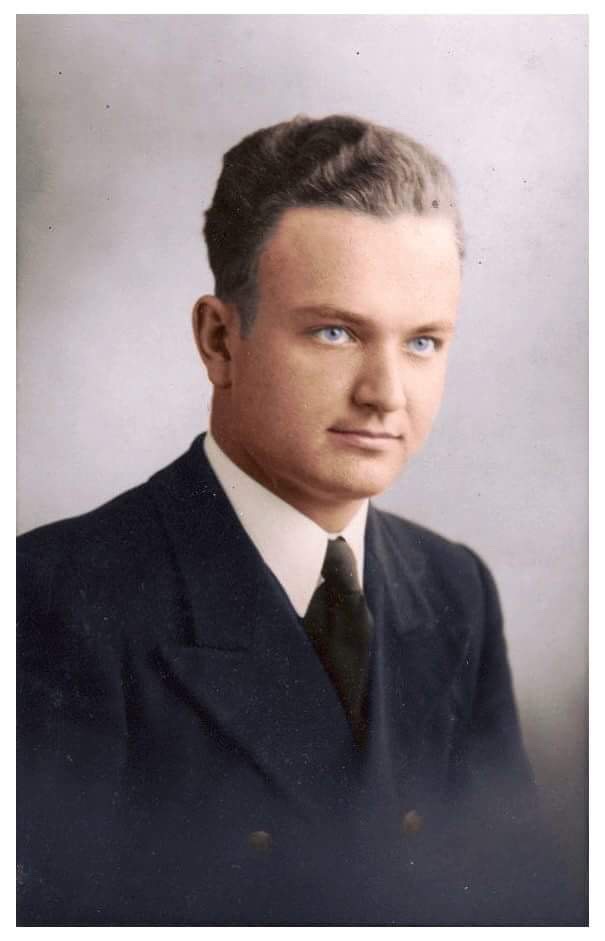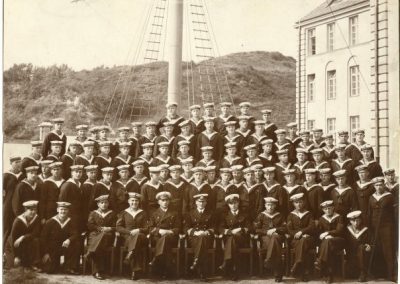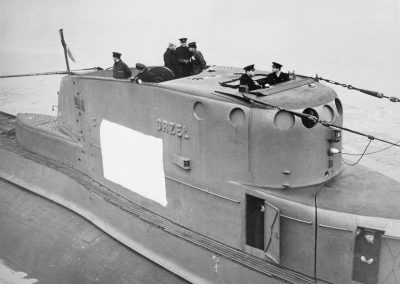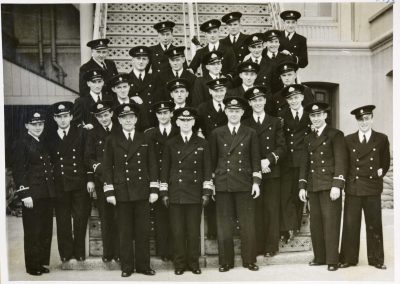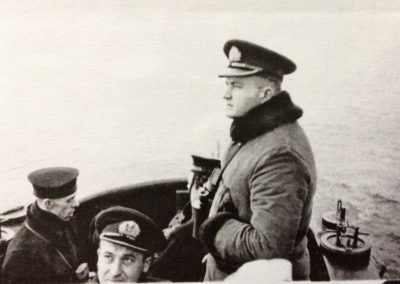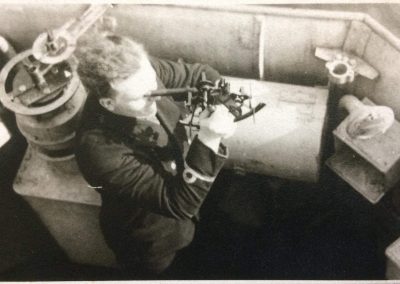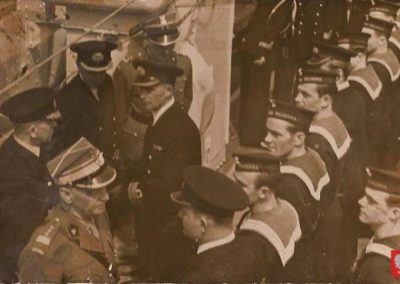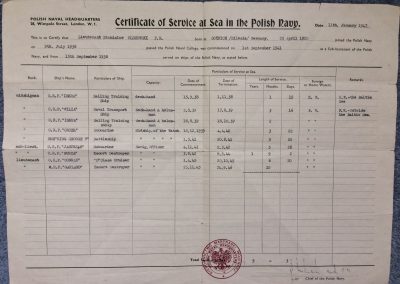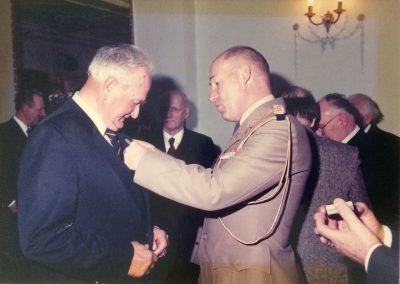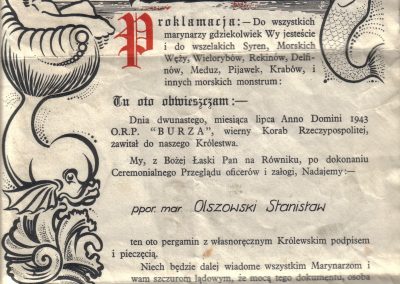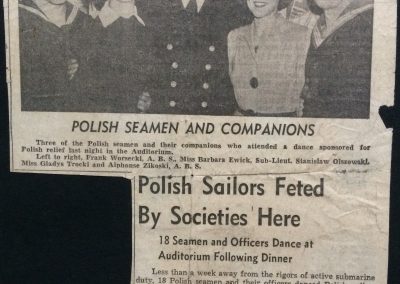This summary has been written by Stanislaw’s son and volunteer researcher, Antoni ‘Tony’ Olszowski.
Stanislaw Olszowski (Staszek) was born on 25th April 1920 in Sosnica, a small town between Zabrze and Gliwice in Upper Silesia. At that time, at the end of WW1, Sosnica was still part of Germany. Following three Silesian uprisings and a plebiscite, the final border position of the 2nd Polish Republic was established, with Sosnica remaining in Germany. Stanislaw’s father (who worked in the local coal mine) decided to take Polish citizenship and the family moved a short distance across the border to Konczyce and finally to Szopienice.
There he attended primary school. After attending secondary school in Myslowice, he applied to join the Polish Navy, aged 18. He left home in July 1938 to sit entry exams and was to return home only once at Christmas before the outbreak of World War II in September 1939.
At the outbreak of war he, along with his fellow officer cadets, was at sea aboard the training sailing ship ORP Iskra. They made for port in Casablanca, Morocco and from there the cadets made their way to England via France.
-

Cadets in the Spring of 1939 at the AMW in Gdynia
-

Aboard ORP Orzel returning from patrol January 1940 Rosyth Scotland
-

Officer promotions September 1941 Polish Naval HQ Devonport
-

As navigation officer on ORP Jastrzab November 1941
Stanislaw continued his training with the newly established Polish naval school in Devonport, Plymouth. During this time he was to spend several periods gaining experience on active service. First, he was aboard the famous Polish submarine ORP Orzel and later the British battleship HMS King George V during the chase for and sinking of the German battleship Bismark.
In September 1941 Stanislaw received his commission as an officer at the rank of Sub-Lieutenant. His career during the next few years of war were spent aboard several Polish vessels as the navigation officer involved in Arctic convoys and the battle of the Atlantic. He was to spend time in a Russian hospital in Murmansk after being injured in the mistaken attack on the submarine ORP Jastrzab. After service aboard ORP Burza he was promoted to the rank of Lieutenant.
-

Stanislaw working as Navigation Officer aboard ORP Burza 1942-44
-

Stanislaw being presented to General Sikorski along with the crew of ORP Garland in July 1942, Scotland. Image courtesy of the Kresy Siberia Foundation.
In 1944, Stanislaw was to spend time firstly at Bickleigh and then at the Okehampton Polish naval training school as a course instructor responsible for training of reserve officer cadets. He finally finished his naval career in 1946 and joined the Polish Resettlement Corps.
He married in 1946, settling in Middlesbrough with his wife and two sons. He found employment firstly in industry and finally as a Lecturer at Constantine College. He returned to Poland for the first time to be reunited with his family some twenty two years after leaving there to pursue his naval career.
Stanislaw retired in the late 1980s and was actively involved with the Polish Naval Association, London, organising several reunions in the UK and Poland and writing many articles for their magazine Nasze Sygnaly.
-

Stanislaw's service record in the Polish Navy
-

Award of the Norwegian 1940 - 1945 war medal
-

Stanislaw's certificate on crossing the equator in 1943
-

An article from a New London, Connecticut newspaper about the crew of Polish submarine ORP Jastrzab
In 1990 he was awarded the rank of Commander by the Polish Government for his service to the Polish Navy and for his active war service. He also received the Medal Morski with three bars; Cross of Valour; Norwegian 1940-1945 Defence Medal Arctic Star; Atlantic Star; Africa Star; 1939-1945 Star; and 1939-1945 War Medal.
He died in Marton, Middlesbrough in 2009.
Stanislaw’s son, Antoni, recorded an oral history interview about his research into his father’s life. You can listen here.

